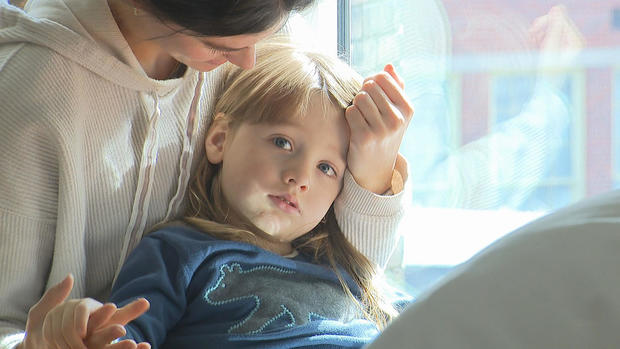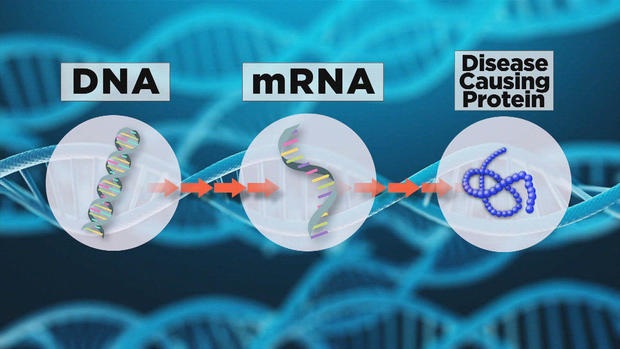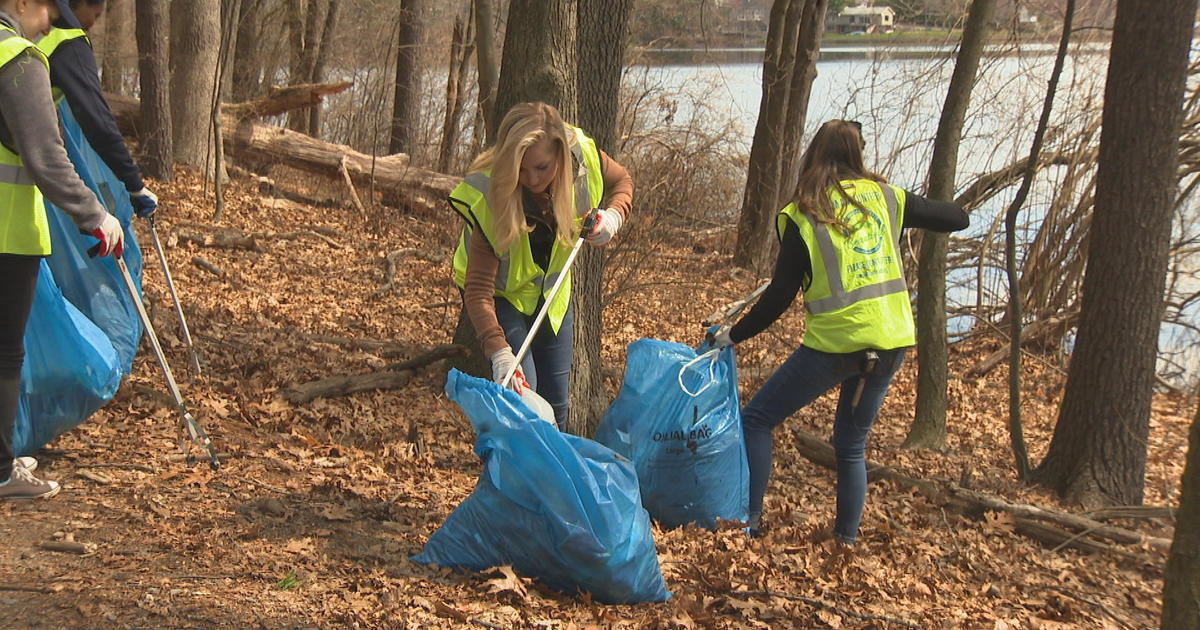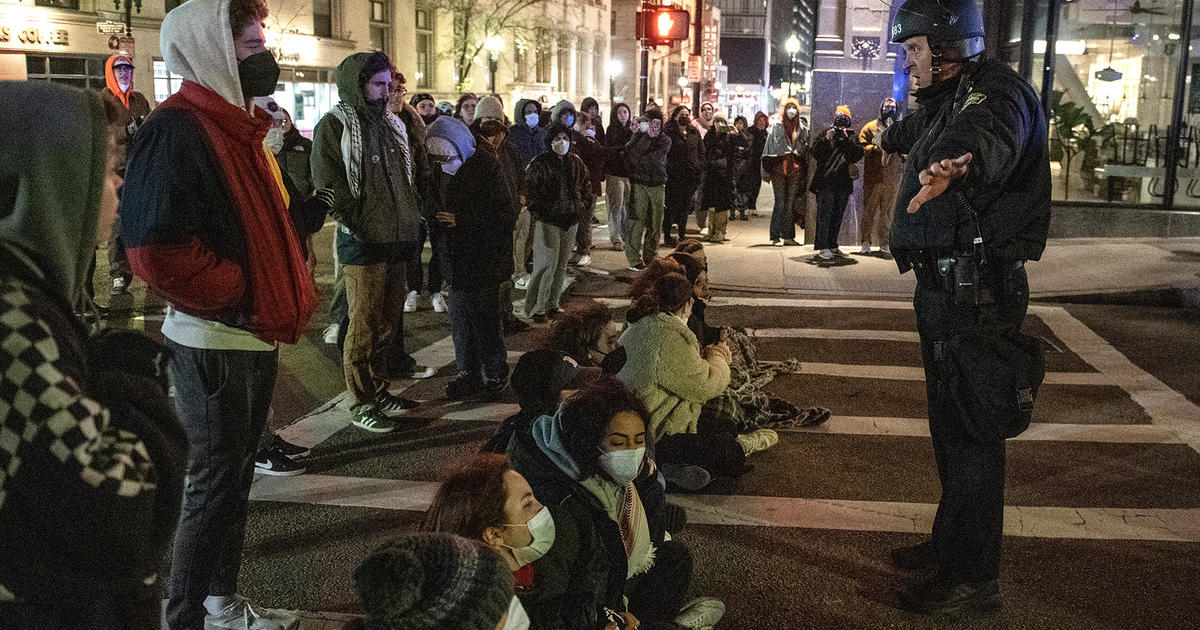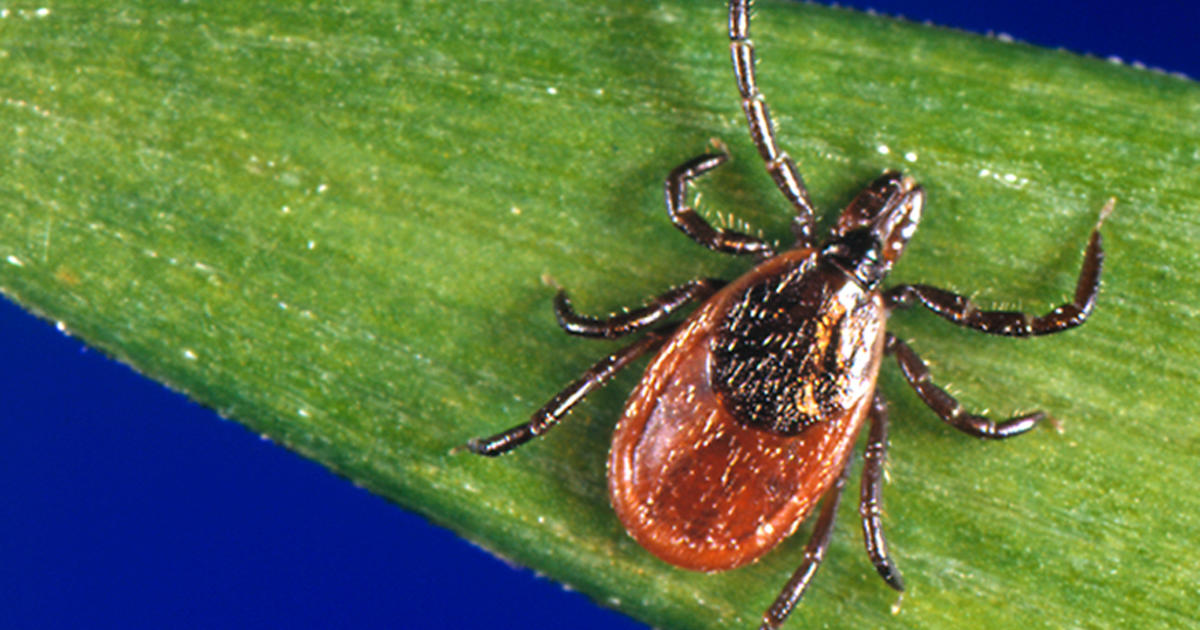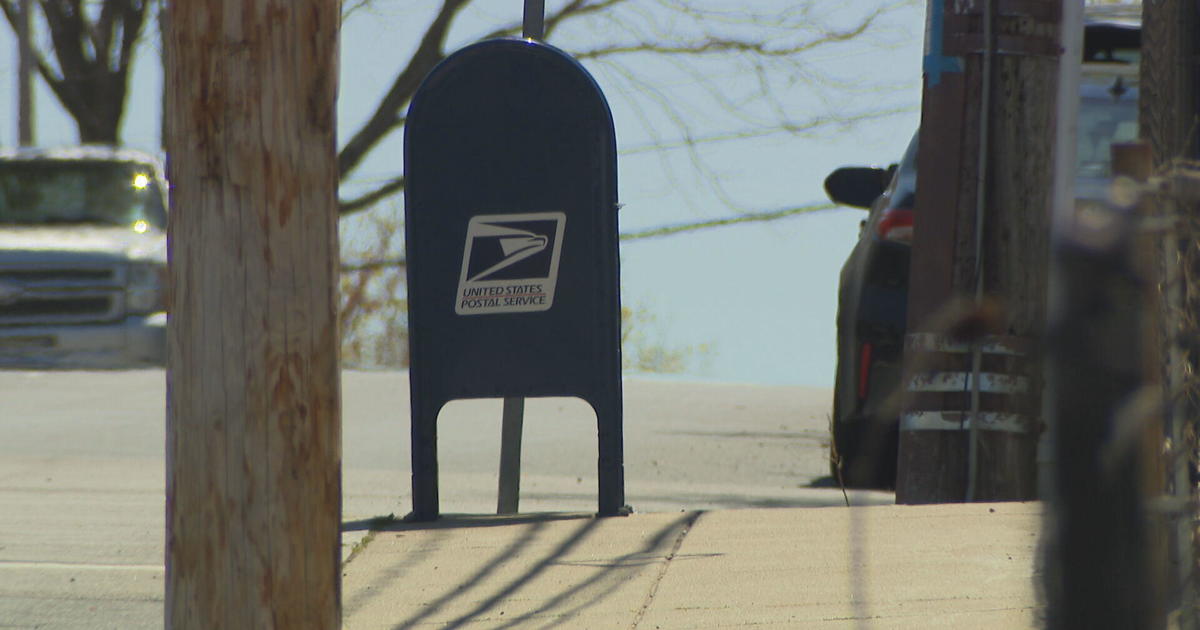Boston Children's Hospital lab trying to develop drug to treat boy's deadly rare disease
BOSTON - Dr. Tim Yu refers to the letters of the genetic code as Lego blocks. His lab at Boston Children's Hospital has become known for putting the Legos together just right and using them to develop precision drugs called Antisense Oligonucleotides or ASOs to treat incredibly rare neurological diseases.
"You build them like Lego blocks by hooking up the letters to one another. And, when you put them in the order, in the right string of letters, you can get them to target different parts of the genome," Yu told.
It may sound simple but the development of each ASO is tricky and fraught with risks. Yu should know. His lab has been involved in the development of four since 2017.
"We've been fortunate to develop Antisense Oligonucleotides for four diseases that have never previously been treated," Yu said, "These include Batten Disease in 2017, ataxia telangiectasia in 2020, that same year KCNT1 epilepsy, and then a fourth condition, an inherited form of blindness in collaboration with Colorado, N-Lorem, and others."
Now, Yu and his team are trying to develop an ASO for four-year-old Henry Saladino, a rambunctious toddler who loves his blue block and blowing kisses to his mom. He also suffers from a rare neurological disease called Alternating Hemiplegia of Childhood (AHC) which causes weekly seizures and paralysis which threaten to permanently damage his brain or take his life.
"This disease is cruel, it's brutal, and it can take Henry at any moment without warning," his mother Mary Saladino said.
Last year, scientists at the Northwestern Feinberg School of Medicine were testing ASO candidates in Henry's neurons. Each ASO is made of microscopic synthetic strands of DNA and/or RNA that bind to the genetic mutation that is producing the protein causing Henry's disease.
"An ASO can be used to selectively target that messenger RNA for destruction so that the mutant protein is never made or is at least made in less abundance," said lead researcher Dr. Al George in October. "We have some that are promising. I would say they're not quite where I would like to see them."
The Yu Lab at Children's Hospital took up Henry's case on January 1, just two weeks before his fourth birthday. The move brings Henry's ASO candidates and his neurons to the hospital which has treated him since infancy.
"It is a dream come true for our family for sure. I've been chasing Tim since day one, since we first heard about an ASO," Mary Saladino said.
Yu says he sees promise in the case and urgency.
"If we can solve this in Henry for AHC, then the lessons there will have repercussions for hundreds of other diseases that are similar to this," Yu said, "This is a technically tricky and scientifically tricky case."
One of the challenges for Yu and his team will be that they must design an ASO that knocks down the mutated copy of the gene causing Henry's disease but does little or nothing to the healthy copy of the gene.
And, of the handful of ASO candidates that are showing promise in Henry's neurons, none have gone through toxicology testing in mice and rats which could immediately render them useless.
"Because if they're toxic, that's the end of the line for those and we'll move onto others," Dr. George said.
The price tag for developing a drug for just one or a few patients is daunting, roughly $3 million. The Saladino family has raised about half of that.
Because of the rarity of AHC, Mary says no pharmaceutical company is willing to pick up the risk of the project and the expense.
Even amid uncertainty, Dr. Yu believes the time to tackle this science is now.
"It's the exemplar for the type of case from which we can learn a lot about how this technology works," Dr. Yu said. "And if we can make it work for Henry and kids like Henry, the lessons that we learn from that will allow us to hopefully develop drugs for many other kids with conditions that are like Henry's."
More information on Henry's case can be found at www.forhenryahc.org.
